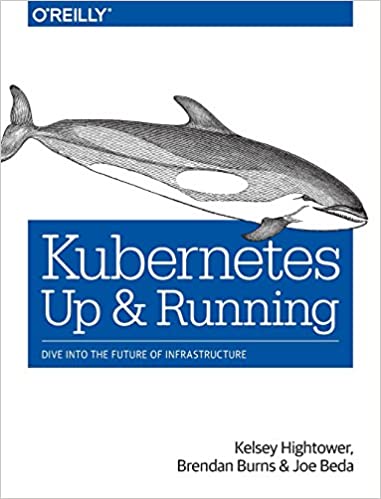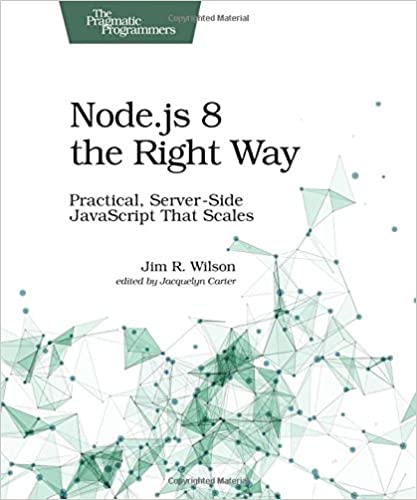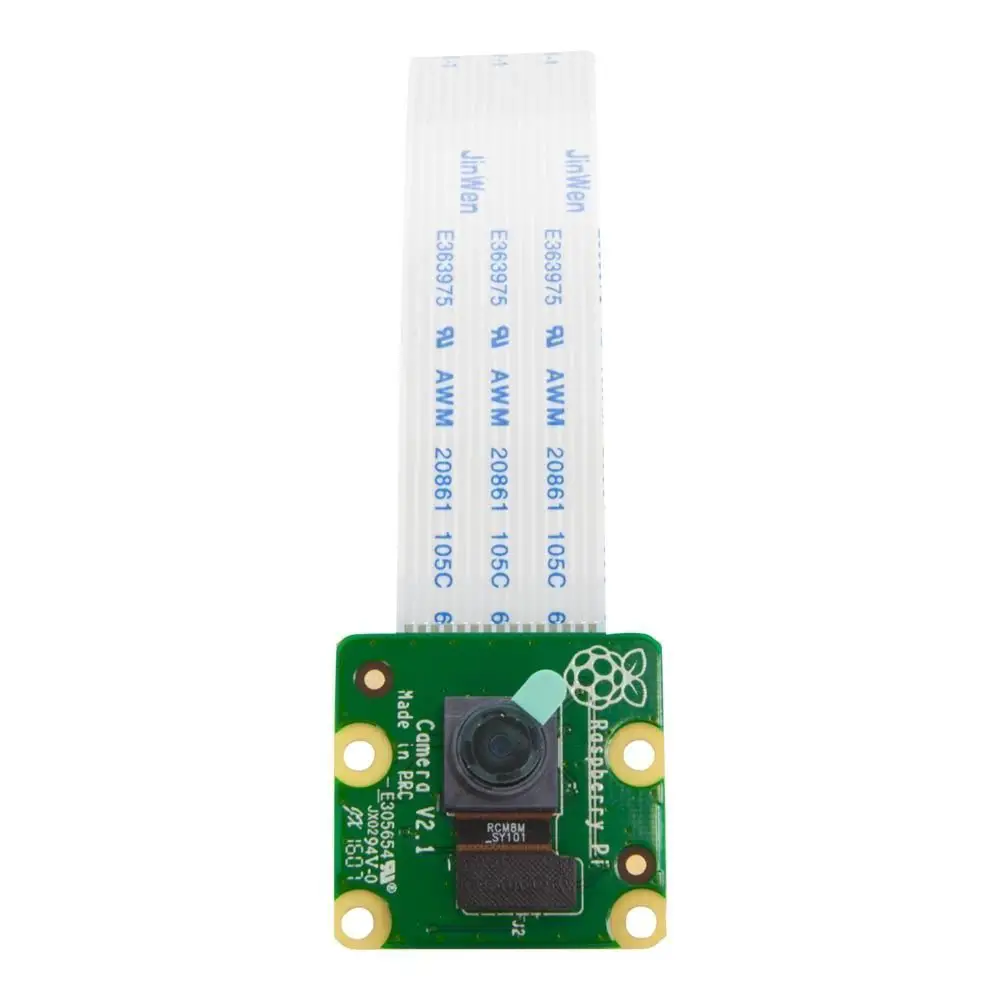; Date: Thu Dec 04 2008
Tags: JavaFX »»»» Rich Internet Applications »»»»
You can view the updated site, launch videos, sample apps, and more, at javafx.com .. well .. when the server comes back up, it's having a little bit of trouble at this moment. Anyway, I want to post a few thoughts..
This is a big deal in some ways in that it is a radical departure from the past image Java has carried. Graphics and animation and media, oh my. Somewhere I heard this phrase This ain't yer dad's Java and it's accurate here. I've long thought if only we put as much attention into client Java as we have server Java that the whole thing would be in a whole 'nother league. We've finally done it, and I hope that we're not too late -- e.g. competitive marketing positioning could mean JavaFX fails to succeed due to nontechnical reasons..
So:
1.11 Will JavaFX be supported on Linux and Solaris? JavaFX 1.0 is supported on Windows and Mac OS X. Linux and Solaris support will be provided in a future release. Read into that what you will. Wei Qi Gao has a thing or two to say on this... and pushing pixels delves into the codecs
A question that isn't on the FAQ is whether this thing will be open source, or not. Much as I want this to be open source that isn't how it stands, at the moment. Whether this means we're going back to old proprietary habits remains to be seen.
Sun Frees Rich Internet Applications from Browsers, Releases JavaFX 1.0 - news coverage by JDJ.. and Sun Brews Up Rich JavaFX by '
technewsworld.com' ... and cote has some indepth coverage... and
techpulse360
James Clarke has a little demo ...
JavaFX - Inverting text color with a changing background. ... John O'Connor has a hint on installing JavaFX through netbeans ... basically, go into the plugin manager and request the javafx plugins to be installed. Couldn't be easier.
Alan Zeichick asks
JavaFX: Do we need another rich Internet platform?.. that's a real good question. Wish I knew the answer. For better or worse we've spent the time, money, resources and manpower to create this thing so we'd better make the best of it. I think there is potential for some advantage because of the cross platform nature of the thing. Further in my opinion if it were open source it could unleash a lot of latent development interest which could democratize availability of rich multimedia experiences (since Flash has a pretty firm lock-hold on the market for providing rich multimedia experiences through the web).
Simon Brocklehurst has a different take ... that Applets could well be back! The bottom line is: even in 1.0 form, JavaFX looks good enough for us to evaluate for use in a real project where we don’t need Mac OS X support right now. but with some interesting counterpoints: While the video playback works fine on Windows (see above), the quality doesn’t seem to be quite there yet (as compared to Flash). well, we're just out the starting gate... hopefully this can be cleaned up... The default “JavaFX loading” animated graphic is ugly, and poorly conceived. hurm, interesting thought especially as he goes on to suggest there be no branding at all. I can imagine the typical marketer reaction is to demand everything be branded but I do recall seeing recently that flash applets have no branding during startup, so that's some precedent, and further that website designers really want to control the branding that appears on their site. Soooo...hmmm... Something weird is going on for JavaFX video playback - the web-page that loads is OS-dependent, so you get a different web page on Windows than you do on Safari. Does that mean not everything is the same for Windows and Mac OS X for video playback? If would be a problem if every page containing JavaFX video had to have different versions for different desktop OSes. Yeah, that would be a problem. I can say that the JavaFX code which plays video is the same across platforms (for some definition of 'same') however one issue is that each platform has its own preferred set of CODEC's. Such as playback of WAV doesn't work on a Mac, right?
Thomas Ng has some
tips on developing javafx apps for different deployment modes. Included with the JavaFX SDK is a command line tool, javafxpackager, which can package an app for either desktop use, applet use, JNLP use, or as a .jad/.jar for a MIDP JavaME device (the latter function exists only in the Windows SDK). Your customers do not themselves have to have JavaFX installed, though you do need it installed so you can compile the app. The packager bundles everything required into the app packaging, and the Netbeans plugins for JavaFX do the same.
There is a
javafx blog with a very tricky look & feel strikingly similar to the javafx.com site.. sigh..
Terrence Barr has a discussion of
JavaFX 1.0 is here: On your desktop, in your browser, and on your mobile phone and gives detailed steps on getting an app packaged to run on a mobile phone.
Source:
weblogs.java.net











